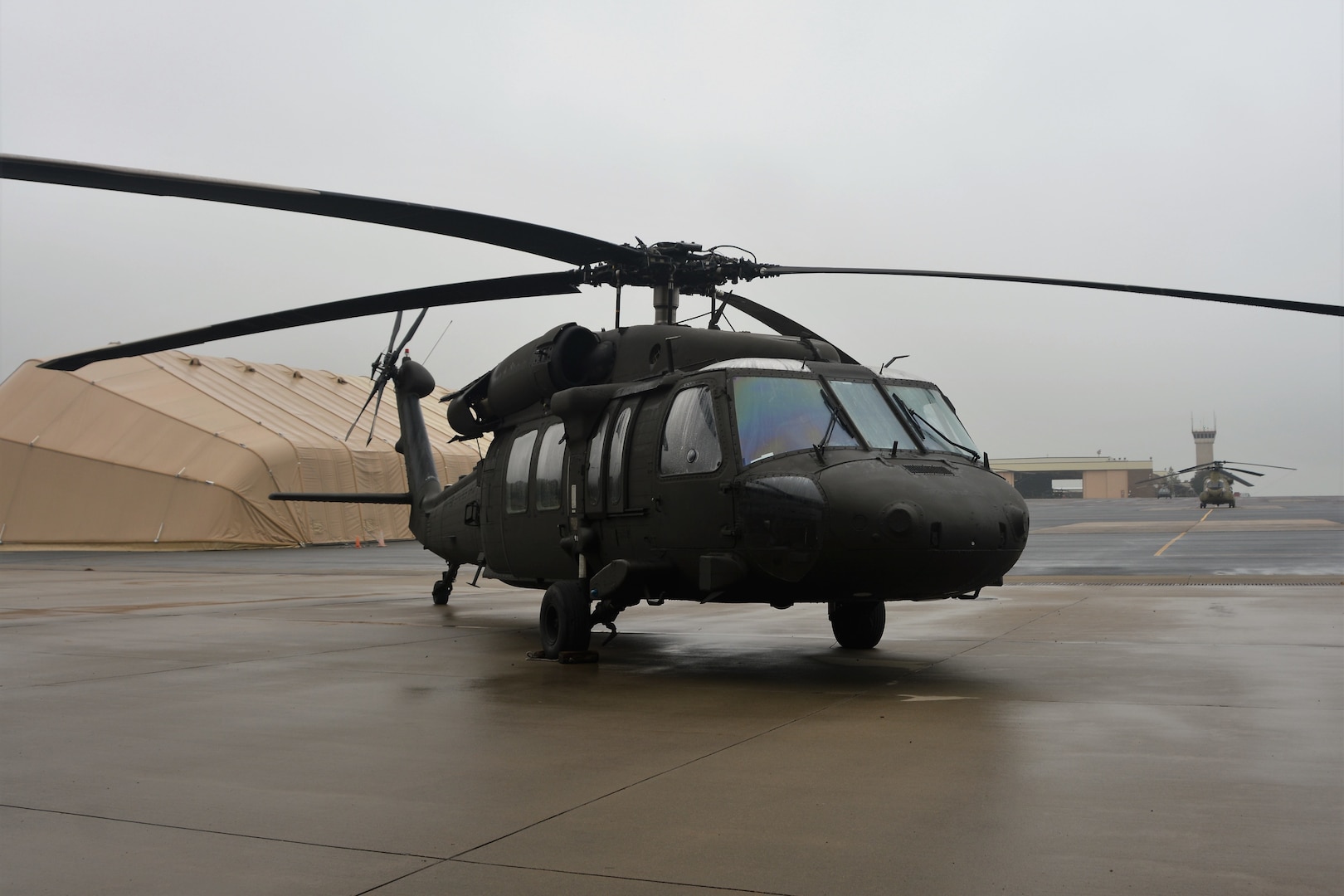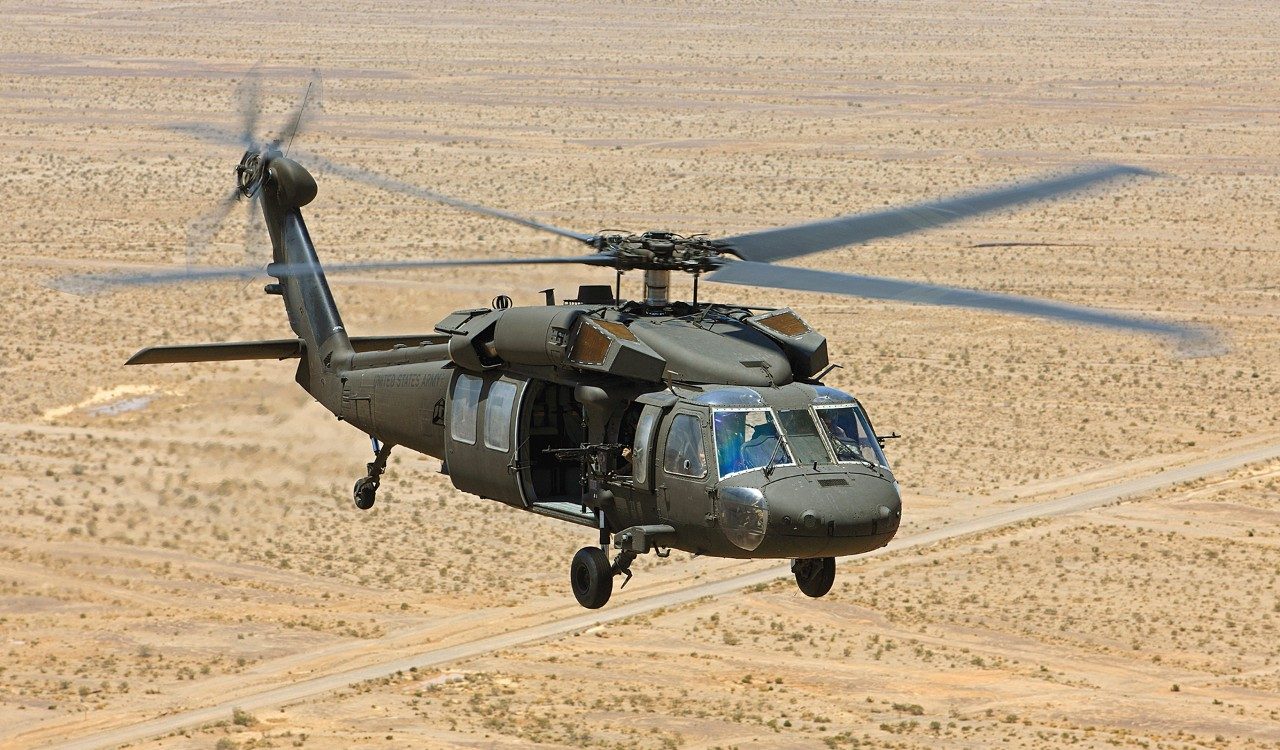The Duty of UH 60 in Modern Armed Force Operations
The Duty of UH 60 in Modern Armed Force Operations
Blog Article
The Function of Aircraft fit International Transport and Trade Characteristics
Through the facility of durable air freight networks, services can currently browse global markets with exceptional speed and agility, therefore redefining supply chain strategies. As we discover the multifaceted effects of airplane on global profession, it is vital to take into consideration exactly how these factors will shape the future landscape of aviation and its role in the economy.

Evolution of Air Transportation
The development of air transport has been marked by significant technical developments and advancements that have transformed the means people and items cross the world. From the Wright bros' first powered trip in 1903 to the advancement of supersonic jets, each milestone has actually emphasized the unrelenting pursuit of performance and speed in flight. Early aircraft were mostly fundamental, limited by engine power and structural stability. The introduction of innovative products and the rules of aerodynamics in the mid-20th century led to substantial improvements in airplane performance, reliability, and safety and security.
The latter component of the 20th century saw the appearance of commercial aeronautics as a feasible setting of transport, identified by the intro of jet engines, which revolutionized flight by considerably minimizing flight times. Furthermore, advancements in navigating and interaction innovations have actually enhanced functional performance and security, permitting for more complex flight courses and timetables. The rise of air cargo in parallel with traveler solutions has actually further underscored the convenience of aviation. As we look to the future, emerging modern technologies such as electrical and independent airplane guarantee to redefine the air transportation landscape, guaranteeing continued advancement and adaptation to global needs.
Influence on Global Trade
Air transportation has actually greatly reshaped worldwide profession by assisting in the swift motion of goods across large ranges. This expedited logistics ability allows businesses to respond rapidly to market demands, thus boosting supply chain effectiveness. The capacity to move disposable goods, high-value items, and time-sensitive products has opened up brand-new markets and opportunities for numerous sectors, substantially influencing profession patterns.
Additionally, the growth of air freight networks has actually cultivated globalization, allowing business to source products and products from various parts of the world seamlessly. This interconnectedness lowers lead times and costs, permitting businesses to remain affordable in an increasingly international market. In addition, air transport plays a vital role in ecommerce, where customer assumptions for fast shipment have driven a rise in need for air cargo solutions.
The impact of aircraft on international trade reaches the creation of critical trade routes, connecting areas and assisting in global partnerships. Countries that buy air transport facilities often experience enhanced financial growth and raised foreign direct investment. In general, the development of air transport has not only changed the logistics landscape but has additionally come to be a vital part in the characteristics of international trade.

Financial Benefits of Aeronautics
A robust aeronautics industry generates considerable financial benefits, contributing to work production, tourism, and general financial growth - uh 60. The aeronautics market supports countless work globally, varying from direct work in airline companies and airport terminals to indirect roles in industries such as friendliness, transportation, and logistics. According to market reports, for each task in the aviation market, about 3.5 extra jobs are developed in the more comprehensive economy
Tourist is a pivotal element of the financial advantages stemmed from air travel. Air traveling helps with international tourist, enabling tourists to check out diverse destinations, which consequently stimulates local economic climates. Nations that purchase their air travel framework often experience increased visitor arrivals, resulting in greater spending on solutions such as resorts, attractions, and dining establishments.

In addition, aviation boosts global connectivity, enabling companies to access new markets and sources efficiently. As an outcome, markets such as ecommerce and manufacturing benefit profoundly from dependable air transportation, additional driving financial growth.
Difficulties Encountering the Aviation Sector
Navigating a complicated landscape of regulatory, environmental, and financial difficulties, the aviation sector faces significant hurdles that endanger its sustainability and development. Regulations bordering safety and safety and security are constantly advancing, demanding continuous conformity and adaptation from airlines and manufacturers (uh 60). This can bring about increased operational expenses and resource appropriation that diminishes technology and expansion initiatives
Furthermore, environmental issues have actually ended up being vital, with expanding analysis over carbon exhausts and sound pollution. The industry is under stress to embrace greener innovations and techniques, which frequently call for substantial investment in r & d. Balancing these ecological duties with the need for flight presents a significant challenge.
Financial changes, such as increasing fuel costs and geopolitical uncertainties, further make complex the landscape. Airline companies often face unstable operating expense and fluctuating passenger demand, which can influence earnings and long-lasting planning. Labor shortages and skill gaps in important locations include an additional layer of intricacy, preventing operational efficiency.
Ultimately, dealing with these complex challenges is crucial for the air travel sector to maintain its essential duty in global transportation and profession, while making sure durability and versatility you can try these out in a progressively open market.
Future Trends in Flight
Changing and arising technologies consumer preferences are positioned to improve the future of flight dramatically. The assimilation of synthetic intelligence and device learning is expected to boost operational effectiveness, streamline airport processes, and boost customer care. Anticipating analytics will certainly facilitate a lot more precise need forecasting, permitting airlines to optimize flight timetables and rates models.
Sustainability is becoming a key chauffeur in air traveling, with the air travel market progressively focused on lowering carbon discharges. Advancements in aircraft design, such as electric and hybrid propulsion systems, are being explored to fulfill environmental targets. The adoption of sustainable aeronautics gas (SAFs) is expected to play a vital role in attaining net-zero emissions by 2050.
Customer preferences are changing towards individualized traveling experiences. Airline companies are spending in like it sophisticated data analytics to customize services and enhance customer involvement, ensuring a more tailored trip from booking to arrival. Furthermore, the increase of remote job may bring about boosted demand for leisure traveling, as individuals seek to integrate work and holiday.
Final Thought
In verdict, airplane substantially affect international transport Bonuses and profession characteristics by helping with fast motion and enhancing supply chain efficiency. The evolution of air transportation has transformed international profession, producing considerable financial advantages while additionally offering obstacles that need calculated monitoring. Future trends show a continued reliance on air travel for business, underscoring its essential role in globalization and economic growth. The recurring adaptation of the air travel sector will certainly be crucial for maintaining its contributions to the global economy.
The last component of the 20th century observed the introduction of industrial aviation as a sensible setting of transport, defined by the introduction of jet engines, which changed air traveling by drastically minimizing flight times. The rise of air cargo in parallel with passenger services has actually better underscored the flexibility of aviation. Furthermore, air transport plays an important duty in e-commerce, where customer expectations for fast delivery have actually driven a surge in need for air products solutions.
In general, the development of air transport has not just transformed the logistics landscape however has also come to be a vital part in the characteristics of international trade.
Sustainability is ending up being a key vehicle driver in air travel, with the aviation market significantly focused on lowering carbon emissions.
Report this page